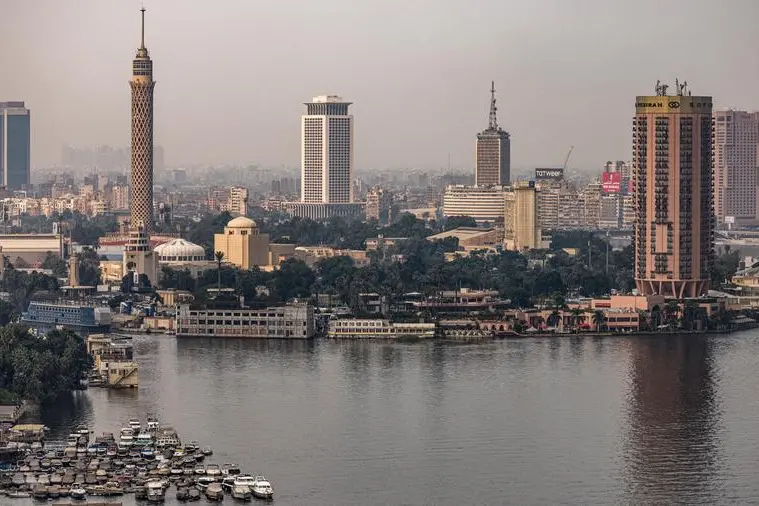PHOTO
Amr Talaat, Minister of Communications and Information Technology, emphasized that digital capacity building is a cornerstone of Egypt’s ICT strategy. He noted that no country can achieve significant progress in the ICT sector without fostering creativity and innovative thinking. He highlighted that the ICT industry thrives on innovation and creative thinking, which can only be achieved through well-trained and skilled personnel.
These remarks were made during Minister Talaat’s speech at the closing ceremony of the second round of the University Capacity Building Initiative in Artificial Intelligence, held at the Egypt Digital Innovation Center “Creativa” in Giza. The initiative, launched in collaboration between the Ministry of Communications and Information Technology and Dell Technologies, provided specialized AI training to 432 students from five universities: Cairo University, Ain Shams University, the American University in Cairo, the German University in Cairo, and the Arab Academy for Science, Technology, and Maritime Transport.
The second round of the initiative included practical applications of AI in developing technological solutions in five critical areas: smart agriculture, smart transportation, smart government solutions, digital healthcare technologies, and smart economy. Additionally, an AI hackathon was held to create smart solutions for food waste management.
Over the past two years, the initiative has built the capacities of 944 students in AI, resulting in the implementation of 120 AI projects.
In his speech, Talaat explained that the Ministry’s strategy is executed through the combined efforts of all elements of the information society, including the government, represented by the Ministry, the private sector, represented by global, local, small, medium, and large enterprises, and the academic community. He noted that the ICT sector has been the fastest-growing sector in the country for six consecutive years due to these collaborative efforts and a shared vision, ensuring the sector remains a regional and international leader.
Talaat outlined the key elements of the digital capacity-building strategy, which were exemplified in the hackathon. The first element is selecting modern ICT specializations demanded by both the local and international labor markets, with a focus on AI, which has accelerated innovation, especially with the emergence of generative AI. The second element is integrating technical studies with practical applications, as the hackathon focused on developing AI solutions to tackle a global challenge: food waste management. The third element is the partnership in training, combining theoretical and practical aspects, with Dell Technologies and five major Egyptian universities as key partners. Talaat expressed his hope that more universities will join the initiative.
Magid Mahmoud, Director of the Center of Excellence at Dell Technologies in Egypt, stated that the company views Egypt as a promising country in AI, given the talent of its students who can make a significant impact in the sector. He expressed pride in renewing cooperation with the Ministry to empower Egyptian society to keep pace with rapid digital advancements. Mahmoud highlighted that the initiative and hackathon demonstrate Dell’s commitment to rapidly adopting and disseminating AI in capable communities like Egypt.
During the ceremony, Minister Talaat honored the three winning teams of the hackathon. The first-place team, Code Fellas, was from the German University in Cairo, while the second-place team, Enigma AI, also hailed from the German University in Cairo. The third-place team, Neural Nexus, was from Ain Shams University.
© 2024 Daily News Egypt. Provided by SyndiGate Media Inc. (Syndigate.info).





















